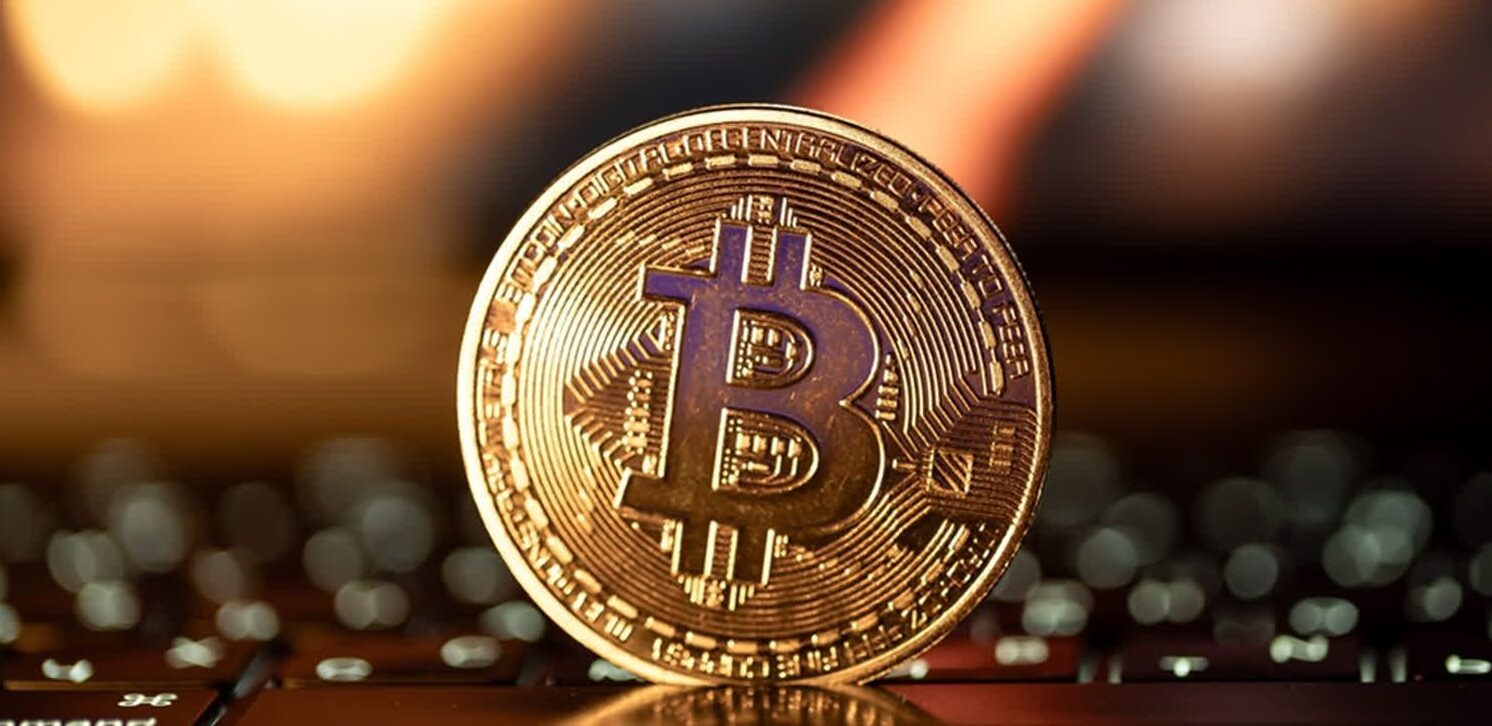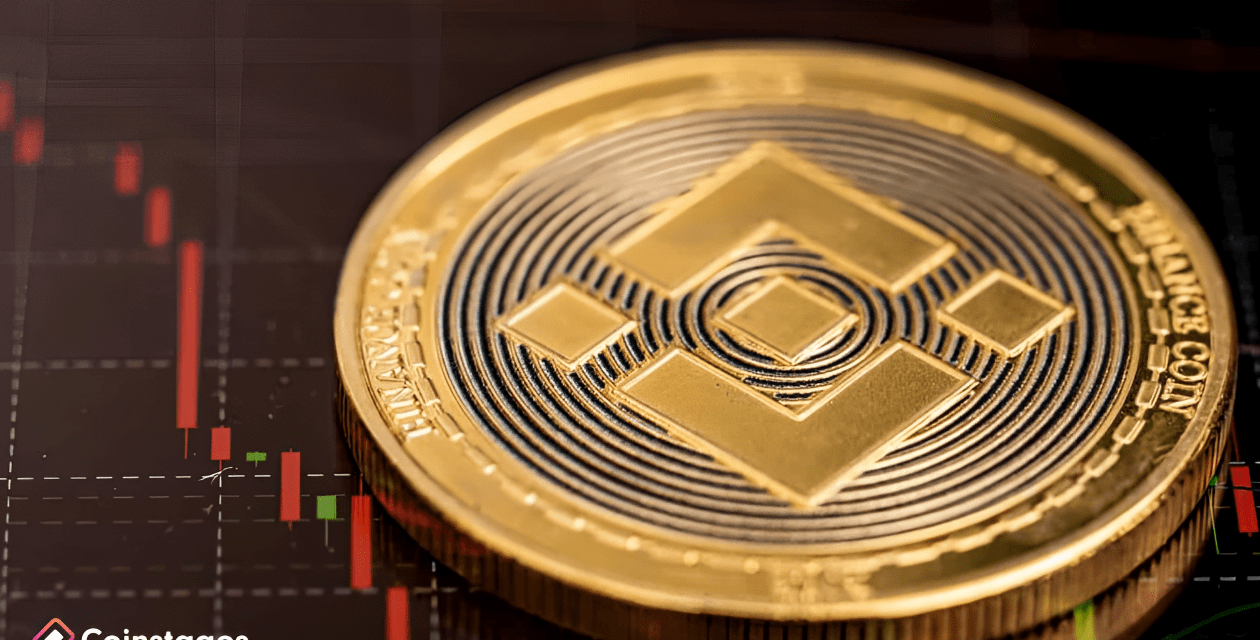The trends in the cryptocurrency market are continuously transforming our understanding of money, finance, and technology. From Bitcoin’s revolutionary 2009 launch to today’s vast ecosystem of thousands of digital assets, the crypto space remains one of the most fascinating and fast-changing industries globally. Navigating this complicated terrain requires keeping current with crypto news for developers, investors, legislators, and casual spectators all around. All while optimizing for search engines using advanced Semantic SEO tactics, this piece provides a thorough investigation of current market trends, legislative developments, technological advancements, and prominent people impacting the bitcoin sphere.
Cryptocurrency Market Trends & Adoption
The fast-moving dynamics and intrinsic volatility of cryptocurrencies define their market. Bitcoin (BTC), often referred to as “digital gold,” remains the most widely used and dominant cryptocurrency. Its changes in price act as a gauge of the general market mood. Emerging as a fundamental platform underlying decentralized finance (DeFi), non-fungible tokens (NFTs), and smart contract applications, Ethereum (ETH) is the second biggest crypto asset by market capitalization. Programmable money and distributed apps (dApps) brought by the ongoing expansion of these industries are changing conventional financial systems.
Inflation fears, interest rate swings, and geopolitical tensions affect market activity. Institutional investors, hedge funds, and corporate treasuries have boosted their cryptocurrency market trends Innovation Shaping the Digital Asset exposure, boosting credibility and liquidity. MicroStrategy and Tesla’s Bitcoin purchases garnered media attention and showed institutional investors’ rising trust. With this trend toward peer-to-peer and permissionless finance, distributed exchanges like Uniswap and SushiSwap enable billions in daily trading volume.
Global Crypto Regulation Landscape
Crypto news often focuses on regulation, as governments globally try to stimulate innovation while protecting consumers and deterring unlawful activities. In the US, regulators like the SEC and CFTC explain how digital assets fit within legal frameworks. SEC regulations on Initial Coin Offerings (ICOs) and cryptocurrency exchanges effect project development and market behavior since they make investments safer but can hinder new ventures.

The EU’s Markets in Crypto-Assets (MiCA) rule will standardize crypto laws for stablecoins, wallet providers, and market operators. This measure boosts investor security and ethical innovation. Lawmaking in Asia differs: China bans crypto trading and mining, affecting mining operations and hash rates worldwide; Japan is crypto-friendly with strict licensing requirements. Regulatory clarity boosts market confidence and technical innovation. Exchanges and wallets implement robust identity verification methods to comply with KYC and AML, which affects user privacy and operating models.
Crypto Innovation and Scalability Solutions
Bitcoin relies on technological innovation. Ethereum 2.0, or “The Merge,” is a priority for improvement. This upgrade switches the network from energy-intensive Proof-of-Work (PoW) to PoS, which reduces power consumption and improves scalability and security. This change affects network efficiency and sustainability. Processing transactions off-chain and settling them on the mainnet helps Layer 2 solutions like Polygon and Optimism scale Ethereum.
This reduces congestion and costs, increasing distributed app user experience. Polkadot and Cosmos allow many blockchains to communicate, creating an integrated ecosystem where data and assets flow naturally. OpenSea and Decentraland are expanding the NFT sector beyond digital art into games, collectibles, and metaverse real estate. By representing ownership and identity on the blockchain, these digital assets inspire new creative and economic models.
Influential Figures and Industry Events
Important individuals and well-publicized industry events shape crypto news most of all. The co-founder of Ethereum, Vitalik Buterin, is among the most powerful thinkers who help shape scalable blockchain technologies. Operating one of the biggest Bitcoin exchanges worldwide, Changpeng Zhao (CZ), the CEO of Binance, shapes market access and liquidity.

Melting pots for invention, policy debates, and networking are industry gatherings, including CoinDesk’s Consensus, the North American Bitcoin Conference, and ETHGlobal hackathons. These events expose fresh initiatives, legislative changes, and technological innovations that help define the course of ecology going forward.
Crypto Insights for All Readers
This paper speaks to the interests of a general readership. Basic explanations of blockchain, wallets, and key tokens will help novices trying to learn how cryptocurrencies work. Insight into market patterns, regulatory effects, and forthcoming technology changes helps more seasoned traders and developers find value. Furthermore, the text emphasizes security issues and stresses best practices such as using hardware wallets, enabling multi-factor authentication, and recognizing phishing attempts to protect digital assets.
Final thoughts
Suggesting internal links to similar articles, including “Cryptocurrency Wallets: A Beginner’s Guide, “Understanding DeFi,” and “The Future of Blockchain Technology,” helps to improve the SEO efficacy and user engagement of the content. These linked resources inspire viewers to investigate relevant material on your website and enhance subject relevance. Referring to other sources, including the official SEC website, the European Commission’s MiCA documents, CoinDesk, and blockchain analytics tools like Chainalysis or Messari, helps one gain confidence and authority. These authoritative sites offer reliable facts and revised material to support the ideas of the article.









